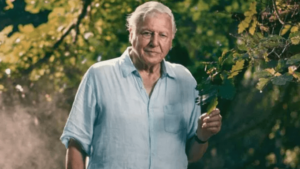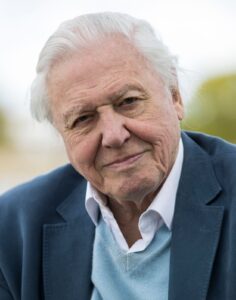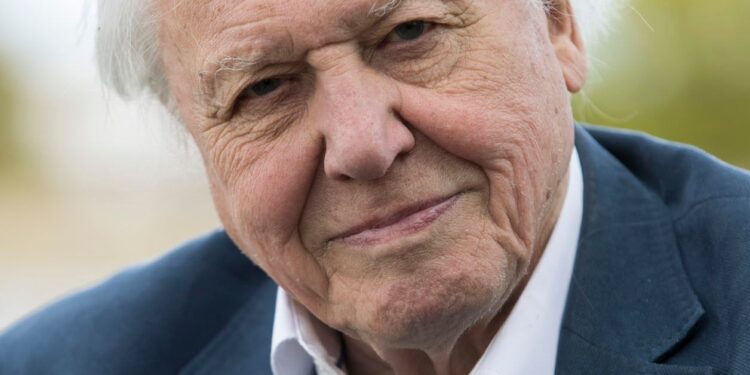
The natural world has lost its most trusted voice. David Attenborough, the legendary naturalist and broadcaster, has been profoundly disturbed by the unauthorized cloning of his voice using AI. This digital doppelgänger has been used to narrate everything from news reports to conspiracy theories, tarnishing his reputation and raising serious ethical concerns.
The incident highlights the growing threat of AI-powered deepfakes, which can be used to manipulate public opinion, spread misinformation, and even commit fraud. As AI technology advances, it’s becoming increasingly difficult to distinguish between real and fake content. This raises urgent questions about the future of truth, authenticity, and the very nature of reality.

Attenborough’s case is just the tip of the iceberg. Other celebrities, including Scarlett Johansson, have also fallen victim to AI voice cloning. These incidents underscore the need for stronger regulations to protect individuals from the misuse of their likeness and voice.
The future of AI is uncertain, but one thing is clear: we must act now to ensure that this powerful technology is used for good, not evil. By developing ethical guidelines, investing in AI safety research, and promoting digital literacy, we can harness the potential of AI while mitigating its risks.

